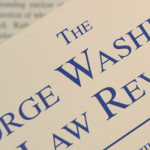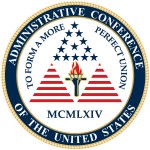The Ordinary Questions Doctrine
In Loper Bright Enterprises v. Raimondo, the Supreme Court overruled Chevron as inconsistent with the Administrative Procedure Act (“APA”), which requires courts to decide “all relevant questions of law” and therefore prohibits them from deferring to agency interpretations because the relevant statutory language is ambiguous. A different approach now governs judicial review of the countless routine, often specialized questions of statutory interpretation that agencies answer in the normal course of implementing their statutes—the “ordinary” questions.



